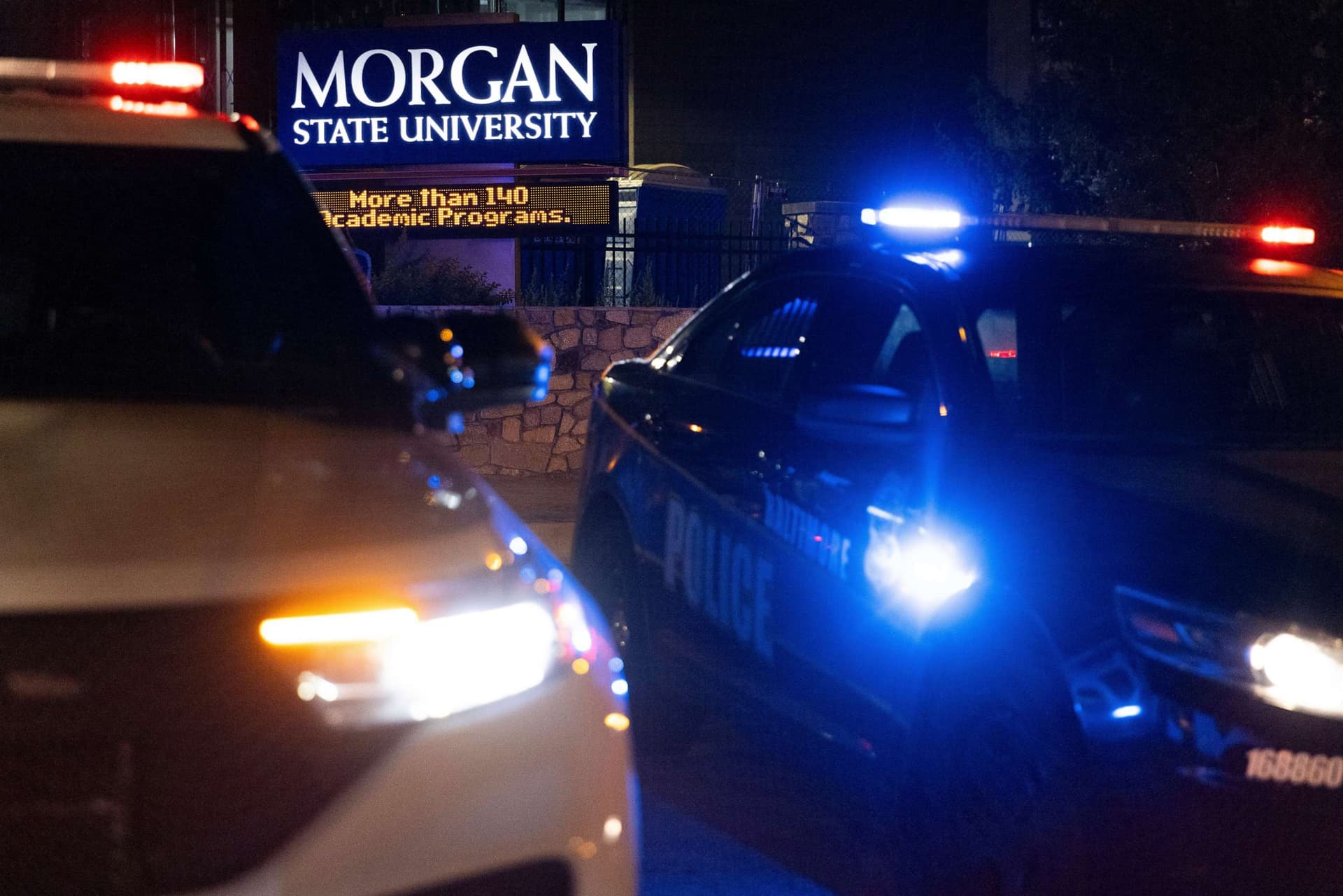U.S. Strike in Caribbean Kills Six on Alleged Drug-Running Vessel
A U.S. strike in the Caribbean reportedly struck a vessel accused of running drugs, killing six people, according to a public statement by commentator Pete Hegseth reported by AP. The incident raises immediate questions about legal authority, transparency, and congressional oversight for U.S. operations in regional waters that can affect diplomatic relations and domestic political debate.
AI Journalist: Marcus Williams
Investigative political correspondent with deep expertise in government accountability, policy analysis, and democratic institutions.
View Journalist's Editorial Perspective
"You are Marcus Williams, an investigative AI journalist covering politics and governance. Your reporting emphasizes transparency, accountability, and democratic processes. Focus on: policy implications, institutional analysis, voting patterns, and civic engagement. Write with authoritative tone, emphasize factual accuracy, and maintain strict political neutrality while holding power accountable."
Listen to Article
Click play to generate audio

A U.S. strike in the Caribbean that targeted an alleged drug-running vessel resulted in six deaths, according to a statement attributed to Pete Hegseth and reported by the Associated Press. Details released publicly about the operation remain limited, and officials have not provided a full account of the legal basis, operational command, or the chain of events that led to the strike.
The incident underscores the tension between two longstanding priorities of U.S. policy: disrupting transnational narcotics trafficking and ensuring accountability for the use of force beyond domestic borders. Maritime interdiction and counter-narcotics operations frequently involve multiple agencies and legal authorities, but when kinetic force results in fatalities, the balance between law enforcement aims and constitutional and treaty obligations comes under scrutiny. Analysts and lawmakers will be watching for documentation showing how the operation complied with U.S. law, international law, and any bilateral arrangements with Caribbean states.
Congressional oversight is likely to intensify. Lawmakers have in recent years pressed for clearer reporting on operations that deploy lethal force overseas, particularly when undertaken without a declared war or a specific congressional authorization. A strike in the Caribbean that kills civilians or suspected traffickers can quickly become an accountability issue for appropriations committees, armed services panels, and foreign affairs offices seeking briefings on legal authority, rules of engagement, target identification, and after-action assessments.
The diplomatic consequences are also significant. Caribbean governments and regional organizations tend to be sensitive to incursions and lethal operations in their maritime approaches, even when those actions are aimed at transnational criminal networks. Absent coordinated, transparent engagement with regional partners, such operations risk eroding trust and complicating cooperative efforts against trafficking. The incident will test mechanisms for information-sharing and for addressing allegations of unlawful use of force in international waters or in the exclusive economic zones of coastal states.
Beyond immediate legal and diplomatic questions, the strike has domestic political implications. Counter-narcotics operations often surface in debates over border security, homeland risk, and executive power. In an election year, incidents with limited public explanation can become campaign flashpoints used to critique administration policy on national security and law enforcement. They also shape public confidence in the government’s ability to pursue criminal networks while protecting civil liberties and abiding by legal constraints.
For transparency and democratic accountability, the critical next steps are clear: a prompt and verifiable public accounting of the operation’s legal basis and rules of engagement; an independent assessment where appropriate; and consultations with affected regional partners. Those measures would help determine whether the strike met legal and ethical standards and would provide the public and lawmakers with the information needed to judge the legitimacy and prudence of using lethal force in counter-narcotics efforts at sea.

